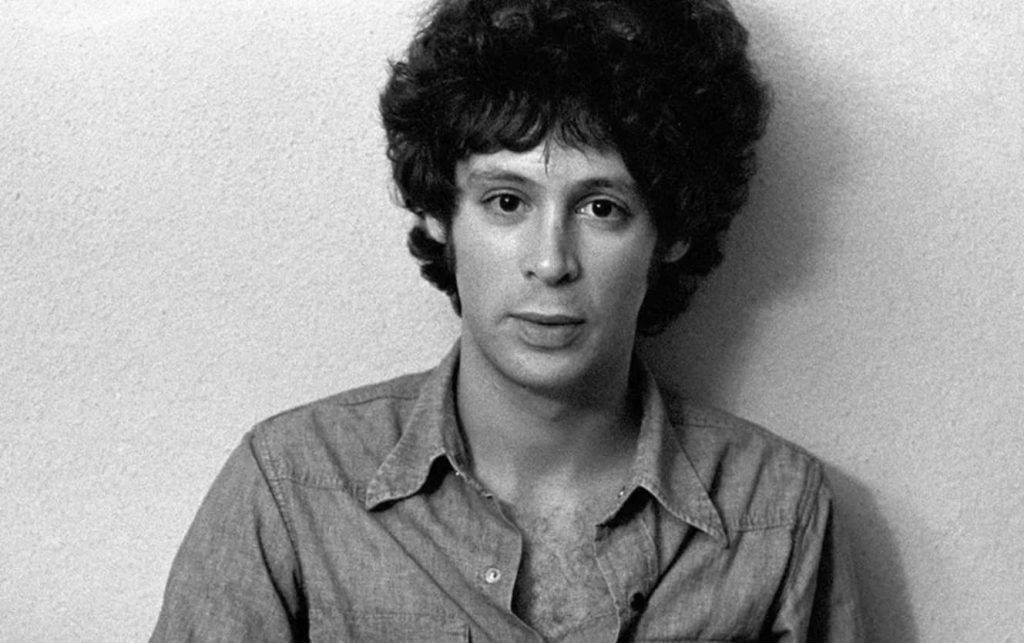
A Power Ballad of Yearning: Eric Carmen’s “Hungry Eyes”
Eric Carmen’s “Hungry Eyes,” a soaring anthem of desire and longing, captured the hearts of a generation, peaking at number four on the Billboard Hot 100 in 1987. It became an instant classic, inextricably linked to the iconic film Dirty Dancing, cementing its place in pop culture history.
Ah, the 1980s. A time of big hair, even bigger shoulder pads, and music that pulsated with raw emotion. Among the synth-driven sounds and power ballads that dominated the airwaves, Eric Carmen’s “Hungry Eyes” emerged as a beacon of yearning, a testament to the intoxicating power of attraction. It wasn’t just a song; it was an experience, a soundtrack to countless teenage crushes and stolen glances across crowded dance floors. For those of us who remember those times, the opening chords are enough to transport us back to a simpler era, a time when love felt both terrifying and exhilarating.
Originally penned by songwriters John DeNicola and Franke Previte for the Dirty Dancing soundtrack, “Hungry Eyes” wasn’t initially intended for Carmen. However, fate, or perhaps a touch of serendipity, intervened. Carmen, having experienced considerable success in the 70s with hits like “All By Myself” and “Never Gonna Fall in Love Again,” was looking for a project that would resonate with a new generation. He heard the demo, recognized the song’s undeniable power, and the rest, as they say, is history. His passionate vocals, combined with the song’s driving rhythm and evocative lyrics, transformed it into an anthem of desire.
The song’s meaning is, on the surface, quite straightforward: it’s about lust, pure and simple. The “hungry eyes” of the title refer to the intense longing and desire that one person feels for another. But beneath the surface, there’s a deeper layer of vulnerability and yearning. It’s not just about physical attraction; it’s about the emotional connection that comes with it. The lyrics paint a picture of someone who is completely captivated by the object of their affection, someone who is willing to do anything to win their heart. “I’ve been meaning to tell you,” Carmen sings, his voice filled with a mixture of hope and desperation, “I’ve got this feeling that won’t go away.” It’s a feeling that many of us can relate to, the butterflies in the stomach, the sleepless nights, the constant daydreaming about the one you desire.
The song’s impact was amplified by its inclusion in Dirty Dancing. The film, starring Patrick Swayze and Jennifer Grey, became a cultural phenomenon, and “Hungry Eyes” was its pulsating heartbeat. The scene where the song plays, featuring Swayze and Grey’s characters practicing their iconic dance moves, is one of the most memorable moments in cinematic history. The song and the film became intertwined, forever linked in the collective memory of anyone who grew up in the 80s. It wasn’t just a hit song; it was a cultural touchstone.
“Hungry Eyes” wasn’t just a flash in the pan. Its appeal has endured through the decades, continuing to resonate with new generations of listeners. It’s a testament to the power of a well-crafted song, a song that captures the universal emotions of love, longing, and desire. It’s a song that takes us back to a time when music was more than just background noise; it was the soundtrack to our lives. For many of us, hearing “Hungry Eyes” is like revisiting an old friend, a reminder of the passions and dreams of our youth. It’s a song that will forever be etched in our hearts, a timeless classic that continues to ignite the spark of desire. And for those who remember the 80s, it’s a song that will forever be associated with the magic of Dirty Dancing and the thrill of young love.